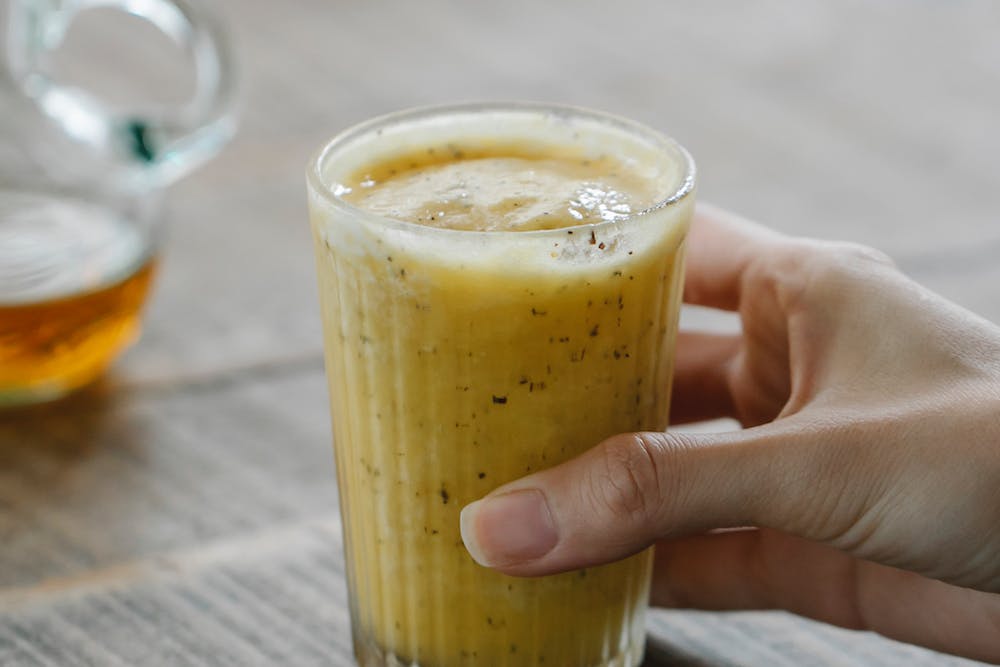In today’s fast-paced world, our bodies are constantly bombarded with pollutants, toxins, and stress, which can lead to health problems and a decrease in quality of life. The concept of detoxification and cleansing the body has gained significant attention as a way to combat these issues, offering a reset button for our physical and mental wellbeing. This article delves into the essence of detox and body cleansing, shedding light on its scientific basis, outlining essential steps for an effective detox plan, examining its impact on health, and debunking common myths.
The Science Behind Detox and Body Cleansing
Detoxification is the body’s natural process of neutralizing and eliminating toxins. Toxins can come from various sources including the environment, diet, and lifestyle choices. Cleansing the body through a detox aims to enhance this natural process by supporting the organs involved, such as the liver, kidneys, and digestive system.
The liver plays a pivotal role in filtering toxins, while the kidneys flush out waste products, and the digestive system ensures toxins are excreted from the body. A proper detox plan can aid these organs in functioning more efficiently. This involves consuming a diet rich in antioxidants, vitamins, and minerals, which can help in neutralizing harmful substances and promoting the elimination of toxins.
Detox also emphasizes hydration, encouraging the intake of ample fluids to support kidney function and toxin elimination. Additionally, certain detox protocols suggest the use of supplements and herbs that boost the body’s detoxification pathways, although the efficacy and safety of such practices should be evaluated carefully.
Essential Steps for an Effective Detox Plan
An effective detox plan involves more than just a temporary diet change; it’s a holistic approach to improving health. Here are key steps to ensure a successful body cleansing:
- Hydration: Drinking sufficient water is crucial for flushing toxins out of the body. It aids in kidney function and helps maintain healthy digestion.
- Dietary Adjustments: Incorporating a diet rich in fruits, vegetables, whole grains, and lean proteins can provide the necessary nutrients for detoxification. Foods high in antioxidants and fiber are particularly beneficial for supporting the liver and promoting bowel movements, respectively.
- Physical Activity: Regular exercise enhances circulation and perspiration, two critical processes for eliminating toxins from the body. Activities such as yoga and meditation can also reduce stress levels, further aiding the detox process.
- Limiting Toxin Exposure: Reducing the intake of processed foods, alcohol, and caffeine, and avoiding exposure to environmental pollutants can lessen the body’s toxin load, making the detoxification process more effective.
Implementing these steps into your daily routine can significantly enhance your body’s natural detox capabilities, leading to improved health and vitality.
The Impact of Detox on Your Physical and Mental Health
Engaging in a detox regimen has profound effects not only on physical health but also on mental well-being. By cleansing the body of unnecessary toxins, individuals often report a range of positive outcomes, from increased energy levels to improved cognitive functions.
Physically, a detox can help in alleviating symptoms associated with toxin overload, such as fatigue, headaches, and digestive issues. By supporting the liver and kidney functions, a detox plan can enhance the body’s ability to process and eliminate toxins more efficiently, leading to better overall health. Improved digestion and absorption of nutrients can also result from a detox, contributing to stronger immunity and vitality.
On the mental health front, detoxification can have a significant impact. The reduction of processed foods and sugars, often part of a detox plan, can stabilize blood sugar levels, reducing mood swings and improving emotional stability. Additionally, the incorporation of stress-reduction techniques and increased physical activity can lead to lower stress levels and better mental clarity. Participants of detox programs frequently report feeling more focused and energetic, attributing these benefits to the cleansing process.
Common Myths and Facts About Detox and Body Cleansing
The popularity of detox and body cleansing has led to the proliferation of myths that can mislead individuals about their effectiveness and safety. Here, we aim to dispel some of these misconceptions and provide factual insights.
Myth 1: Detox diets can completely remove toxins from the body.
Fact: While detox diets can support the body’s natural detoxification processes, they cannot eliminate all toxins. The body’s organs, such as the liver and kidneys, are primarily responsible for detoxification, and a healthy diet can support their functioning.
Myth 2: Detox programs are a quick fix for weight loss.
Fact: While some people may experience short-term weight loss during a detox, such results are often due to fluid loss and may not be sustainable. A balanced approach to diet and exercise is essential for long-term weight management.
Myth 3: Detoxes are necessary for everyone.
Fact: Not everyone needs to undergo a strict detox program. For individuals with a healthy lifestyle, the body’s natural detoxification system is usually sufficient in managing toxins. However, making informed lifestyle changes can benefit overall health.
Myth 4: All detox plans are safe.
Fact: Some detox regimens, especially those involving extreme dietary restrictions or the use of unregulated supplements, can pose health risks. It’s important to consult with a healthcare professional before starting any detox plan, especially for individuals with underlying health conditions.
In conclusion, while detox and body cleansing can offer benefits to physical and mental health, it’s crucial to approach them with a balanced and informed perspective. Understanding the body’s natural detoxification processes and making lifestyle changes to support these functions can lead to improved health and well-being without resorting to extreme or unfounded detox methods.
Note: The information on the website is for informational purposes only and does not replace medical advice.









